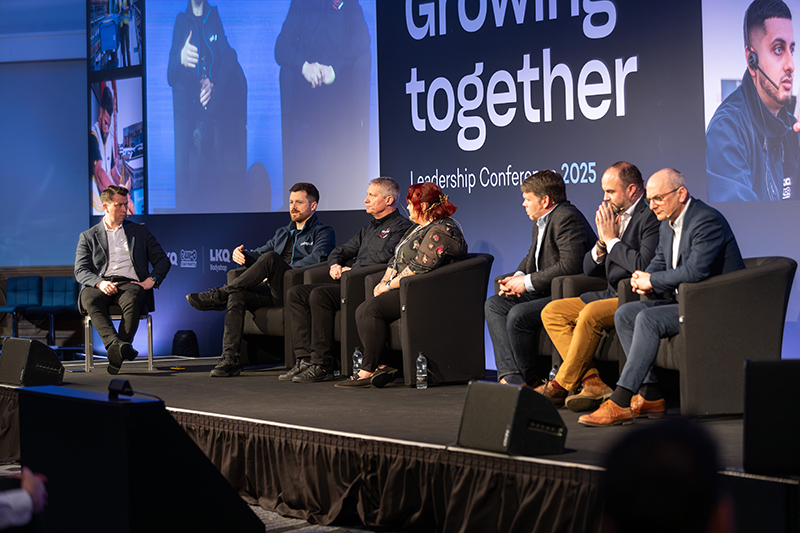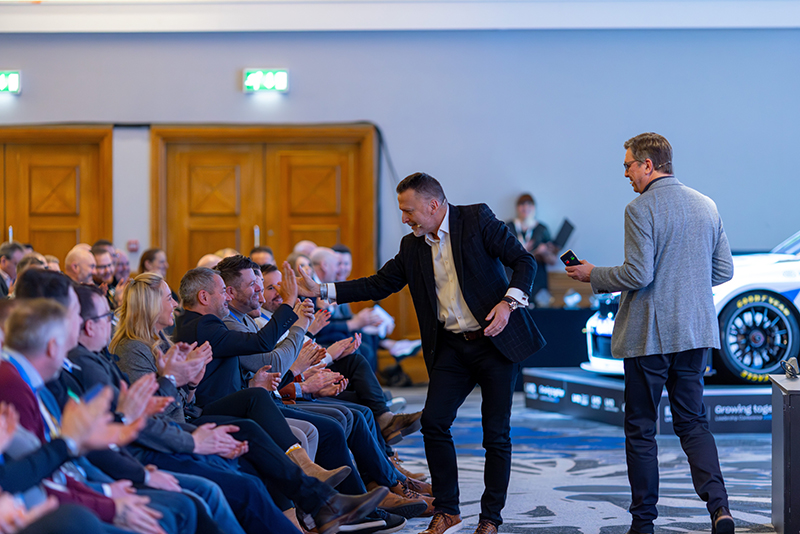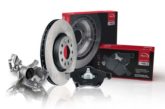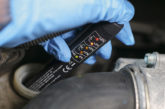
PMM’s Freya Coleman attended day two of the LKQ UK and Ireland Leadership Conference to gain insights into the company’s vision for the future. During the event, she spoke with Kevan Wooden, the chief executive of LKQ UK and Ireland, about how the company is addressing key industry challenges and supporting its customers moving forward.
The LKQ UK and Ireland group includes four businesses: LKQ Euro Car Parts, LKQ Bodyshop, LKQ Leisure and Marine, and LKQ Digraph. Each of these companies provide a wide range of products and services to customers across various sectors. The conference brought together nearly 800 individuals from across the businesses at the Hilton Birmingham Metropole hotel, to focus on their shared goals and inevitably share a beer or two (Kevan’s words, not mine!).
The conference served as a reflection on the past year’s achievements and challenges, providing an opportunity for colleagues to celebrate successes, identify areas for improvement, and engage in networking. Kevan explained that while strong communication lines within the business help keep everyone informed, the event also served as an annual recap to acknowledge progress and motivate the team for the future.
“Today is about recognising what we’ve done well, realising where we need to improve, and fostering motivation and networking among the team” explained Kevan.
Key insights from the panel discussion
The theme of the day, “Growing Together,” was at the heart of the event, with colleagues hearing from key customers and partners about best practices in supplier-customer relationships. The highlight for me was the customer panel which included speakers Alex Lindley, director at Garage Hive and managing director at Lindleys Autocentres; Mark Darvill, managing director at Hillclimb Garage; Sarah Petty, owner of J Petty Motors; Dave Jenkins, British truck racing driver; Marc Holding, managing director of The Vella Group; and Robert Parton, managing director of Aqueduct Marina and president of British Marine.
The panel focused on the challenges faced by workshops, with several important topics covered such as recruitment and retention, which was described as a “self-inflicted wound” in the industry, with Alex Lindley highlighting the difficulty in attracting skilled technicians. The panel agreed that this was one of the biggest industry issues and emphasised the need for businesses to address this challenge.
Another key point addressed was profit – specifically, the reluctance many garages feel about charging customers appropriately. “Profit is a bit of a dirty word,” said panellist Mark Darvill, but it’s crucial for garages to “charge the right amount” to remain sustainable.
The panel also touched on the importance of availability and speed of service, with many garages relying on LKQ Euro Car Parts (ECP) to ensure they have the necessary products available when they need them. This has been exacerbated by a shift in transparency towards customers, garage owners wanting the confidence to tell their customers how long a job might take, and how much it might cost.
Mark Darvill summed this up well, when addressing what LKQ could do better: “We could do with an even stronger parts supply as customer expectations are high, and we want to meet them. We want strong availability from factors to manage our customers, then everyone is happier”. Fellow panellist Dave Jenkins agreed, explaining that sometimes they are forced to go to the dealer for parts, which they want to avoid as much as possible.

Recruitment and retention
After the panel, and a lovely oat cappuccino, I sat down with chief executive Kevan Wooden to dive deeper into how LKQ is helping address the challenges faced by garages and the wider industry.
I asked Kevan about how LKQ is helping garages with the technician shortage, which was a major concern discussed during the panel. Kevan responded by explaining that LKQ is actively working with schools to encourage young people to consider careers in automotive industries, an area that is often overlooked by educators who prioritise other professional careers.
“We’ve got people in our business who visit schools at an early age because generally, teachers don’t encourage careers in automotive. They often push kids towards becoming accountants, lawyers, or IT professionals, rather than mechanics or engineers,” Kevan shared.
On a larger scale, Kevan mentioned LKQ’s involvement with the newly launched Motorvate program at Automechanika in Birmingham, designed to promote automotive careers and provide training and opportunities for young people in the sector. “Getting technicians into the industry is more important to us than any product conversation,” he added.
On supply chain challenges
I also asked Kevan about the ongoing supply chain issues faced by garages, particularly in terms of the availability of parts, another worry that was expressed on the panel. Kevan acknowledged that while LKQ generally has a strong supply chain for many products, there are challenges in certain areas, particularly with EV products and body parts.
“We’ve been working with our European teams and Taiwanese vendors to expand our product range,” Kevan explained. “For more mechanical parts, we have the largest product range and availability, but there are still some gaps, especially for specific body parts like doors, bumpers, and lighting.”
Kevan also discussed the importance of using data to track demand and improve the supply chain, noting that LKQ aims to expand the number of parts available in local branches to increase availability and speed of service. “We aim to increase the number of parts available at our branches, from 10,000 to 16,000 lines, to serve our customers better,” he said. Kevan also stressed the importance of ensuring that its branches are well-stocked with parts, provide excellent customer service, and maintain consistent, reliable service levels.
“Our goal is to ensure that our branch network across the UK and Ireland continues to offer the best availability and customer service in the industry,” Kevan said. “Once we’ve nailed the basics, we can become more strategic with added value services and solutions like our 1TEC Autohub Hub concept to help our customers grow.”
Competition and market changes
Whilst there with Kevan, I thought it was important to address the elephant in the room and ask how the company is responding to the competitive landscape, with some competitors seeing rapid growth and being rather loud about it. After a little laugh, Kevan acknowledged that competition is a healthy part of business, and it encourages LKQ to continually improve.
“Competition is good. Last year was a year of change for us – we made bold investments in technology and changed how we organised the business,” Kevan noted. “This year, we’re ready to take advantage of those changes and continue to improve our service offering. The competition keeps us sharp, which is ultimately good for business.”









